Definition of alloy seamless steel pipe
Alloy seamless steel pipe is a kind of
seamless steel pipe, and its performance is much higher than that of general seamless steel pipe, because this kind of steel pipe contains more Cr, and its high temperature resistance, low temperature resistance and corrosion resistance are unmatched by other seamless steel pipes, so alloy pipes are widely used in petroleum, chemical, electric power,
boiler and other industries. Carbon steel seamless steel pipes are used to manufacture annular parts, which can improve material utilization, simplify manufacturing processes, save materials and processing time, such as rolling bearing rings, jack sleeves, etc., which are currently widely made of steel pipes.
Definition of carbon steel seamless steel pipe
General seamless carbon steel pipes are made of 10, 20, 30, 35, 45 high-quality carbon steel, 16Mn, 5MnV and other low-alloy structural steel or 40Cr, 30CrMnSi, 45Mn2, 40MnB and other alloy steels, hot rolled or cold rolled. Seamless pipes made of low carbon steels such as 10 and 20 are mainly used for fluid delivery pipelines. Seamless pipes made of medium carbon steel such as 45 and 40Cr are used to manufacture mechanical parts, such as load-bearing parts of automobiles and tractors. Generally, seamless steel pipes must ensure strength and flattening tests. Hot-rolled steel pipes are delivered in hot-rolled or heat-treated states; cold-rolled steel pipes are delivered in heat-treated states.
Comparison of production processes between alloy pipes and carbon steel seamless steel pipes
1. Alloy pipe production process
Alloy seamless steel pipes are a type of seamless steel pipe. During the production process, a series of specific heat treatment processes are used to improve their performance. The production of alloy pipes includes processes such as annealing and tempering, which help to improve the mechanical properties of steel pipes and ensure the stability of alloy pipes in high and low temperature environments. The chemical composition of alloy steel pipes has a high content of chromium (Cr), which makes them have significant advantages in corrosion resistance, high temperature resistance, and oxidation resistance.
2. Carbon steel pipe production process
The production process of carbon steel seamless steel pipes is relatively simple. Its raw material is steel ingots or solid round steel, which are first perforated into rough pipes, and then formed into seamless pipes of the required specifications through hot rolling or cold rolling processes. During the production process, the steel billet needs to be heated and the temperature is controlled at about 1200℃, and then perforated using a pressure piercing machine. The production process of carbon steel pipes is very important for temperature and process control, because it directly affects the strength and quality of the pipe.
Comparison of Alloy Pipes and Carbon Steel Seamless Pipes
|
Feature
|
Alloy Seamless Steel Pipe
|
Carbon Steel Seamless Pipe
|
|
Corrosion Resistance
|
High (suitable for harsh environments)
|
Low (prone to rust)
|
|
High-Temperature Resistance
|
High (suitable for high-temperature conditions)
|
Low (suitable for ambient temperatures)
|
|
Strength
|
High (suitable for heavy-duty applications)
|
Moderate (suitable for general uses)
|
|
Cost
|
Relatively high
|
Relatively low
|
|
Applications
|
Oil, chemical, aerospace, etc.
|
Construction, machinery, general piping
|
|
Ease of Processing
|
High (requires special technology)
|
Low (easy to process)
|
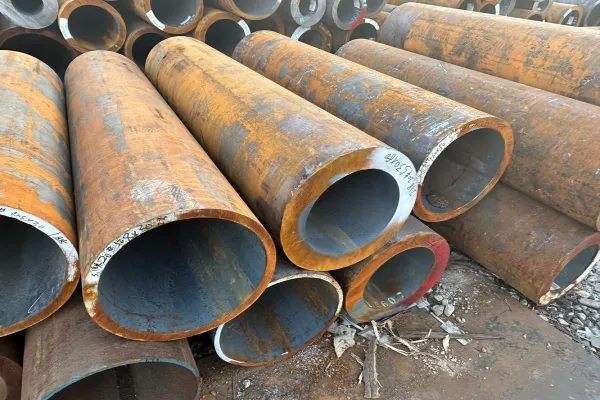
How to Choose the Right Steel Pipe?
When selecting between an alloy seamless steel pipe and a carbon steel seamless pipe, the choice should be based on the specific needs of the application:
For applications requiring high strength and corrosion resistance, such as in the oil, chemical, or aerospace industries, alloy seamless steel pipes are the better choice.
For situations where cost is a key factor and the operating conditions are less demanding, such as in construction or general piping, carbon steel seamless pipes are more suitable.
Conclusion
Alloy seamless steel pipes and
carbon steel seamless steel pipes have significant differences in materials, production processes, performance and application areas. Alloy seamless steel pipes have excellent properties such as high temperature resistance, corrosion resistance and oxidation resistance, and are suitable for industries with high requirements such as petroleum, chemical industry, and electric power; while carbon steel seamless steel pipes are widely used in fluid transportation pipelines and general mechanical parts manufacturing due to their lower cost and higher strength. When choosing steel pipes, you should decide whether to use alloy pipes or carbon steel pipes based on actual application requirements, environmental requirements and budget.
As an industry-leading steel pipe manufacturer,
BAOWI Steel provides high-quality
alloy seamless steel pipes and carbon steel seamless steel pipes to meet the needs of different industries. BAOWI Steel can provide you with the most suitable solution. We are committed to providing customers with high-quality products and professional services to help your business succeed.






 English
English Español
Español بالعربية
بالعربية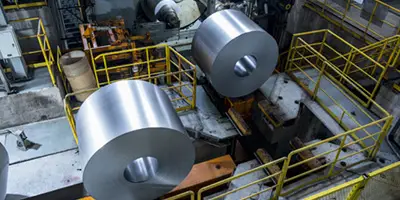

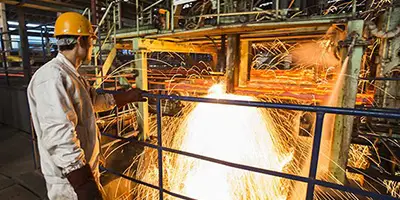
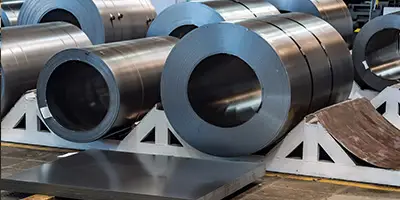

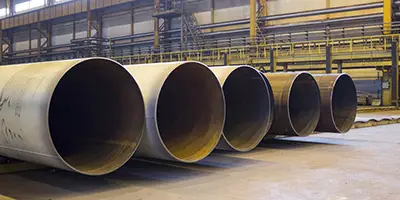
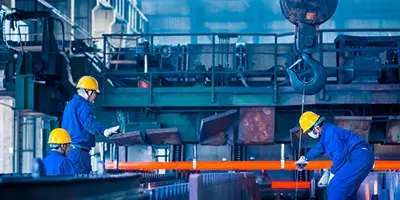
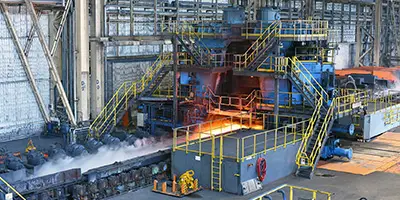
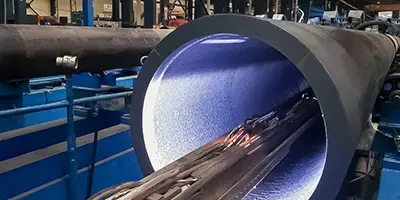
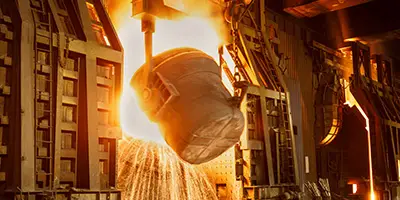
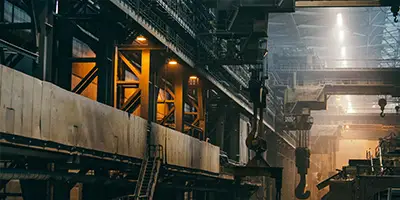

 Phone :
Phone :  Whatsapp :
Whatsapp :  Email :
Email : 


